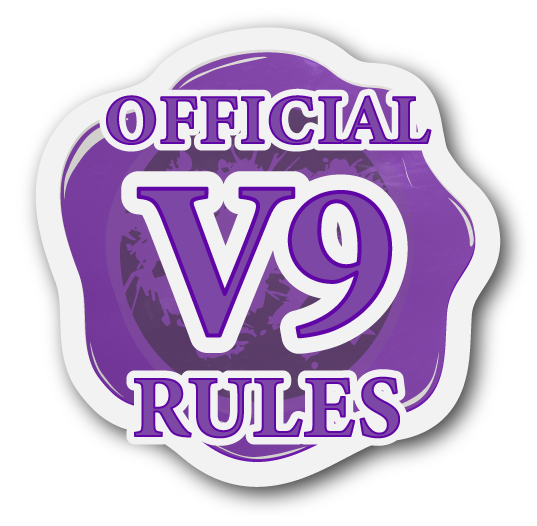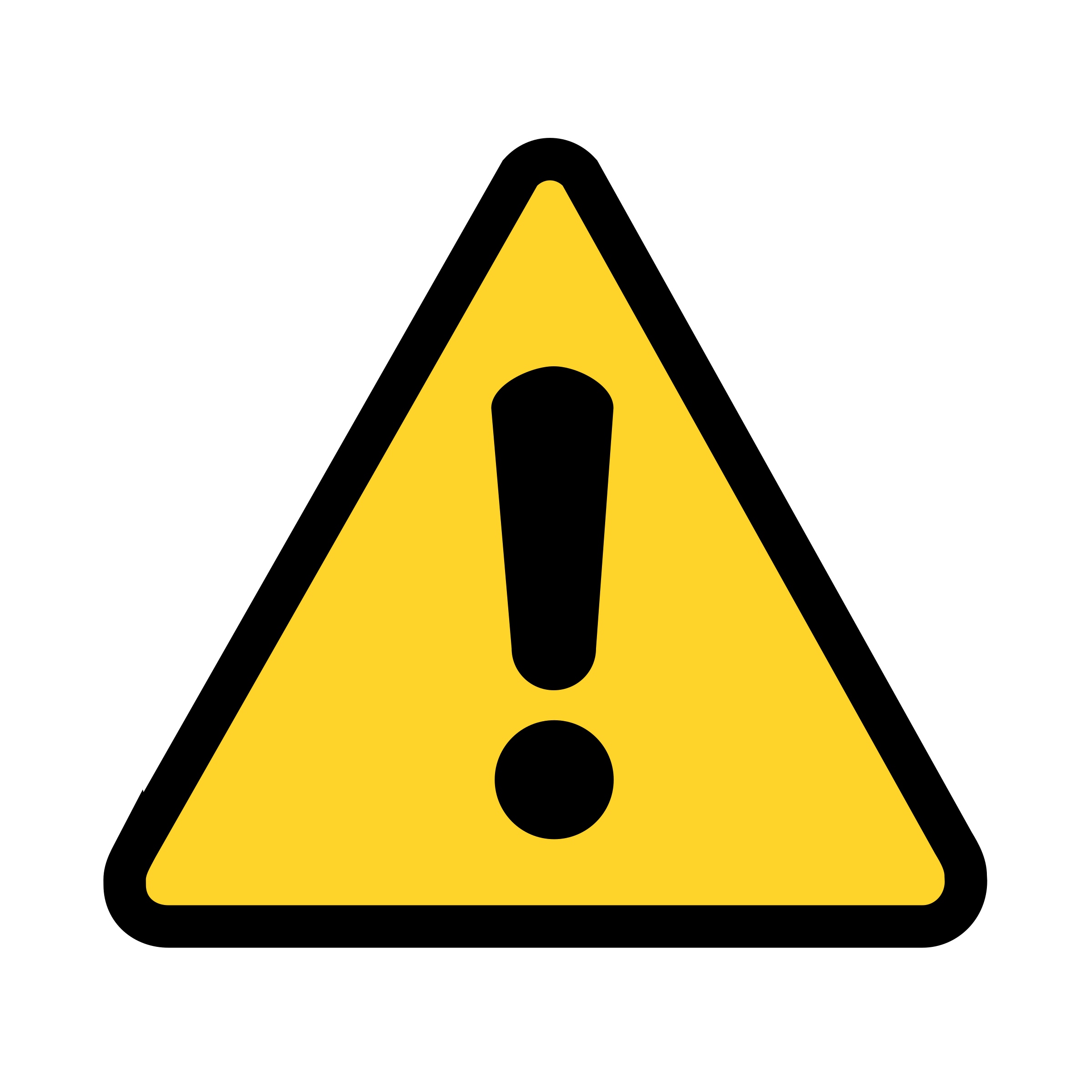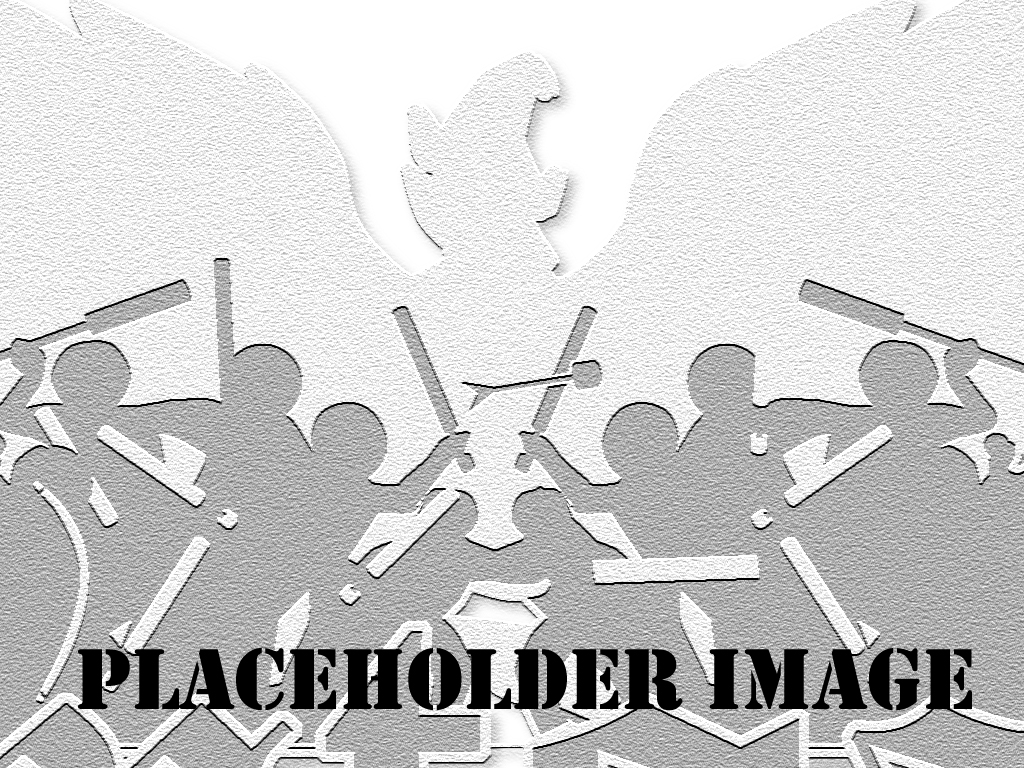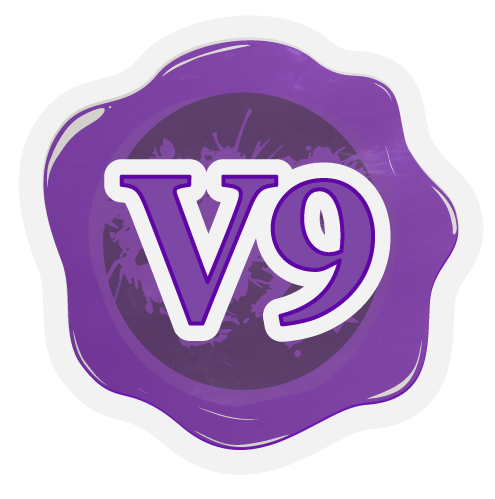V9: Safety
- The Amtwiki is the official home and primary source for Amtgard V9 Rules as of February 25, 2023.
- These rules are currently in Open Alpha Playtest. See the Playtest Disclaimer for more details.
- To learn more about Amtgard V9 Development, please visit Amtgard.com.
- To view the current Amtgard V8 ruleset, please see the Amtgard V8 Rulebook.
Safety
The most important rule when participating in Amtgard combat is to understand the priority of Safety. Safety considerations must supersede all other concerns in order to provide an environment that our players feel comfortable participating in week after week. For most people, it would be extremely difficult to relax and enjoy an activity while being legitimately concerned about their own safety or well-being.
Safety First
Any action that could be described as dangerous, reckless, or unsafe to such a degree that could risk lasting harm to anyone at an Amtgard function is expressly prohibited, regardless of its inclusion, or absence from, the Rules of Play.
Rules Authorities
Rules Authorities are responsible for overseeing activities and help enforce rules and safety. Rules Authorities can be chosen individuals, volunteers, or even elected officers depending on the situation. For example, the Game Organizer will often act as an authority for their own game, and other players may volunteer to help reeve (referee) as well.
- At least one Rules Authority is required at each Amtgard function to administer Equipment Inspections.
- It is encouraged to have at least one active Rules Authority monitoring each combat activity, although it is not required unless the Game Organizer deems them necessary. That said, it is always beneficial to have a Reeve or two hanging around to help keep the games running smoothly, to answer questions, and help resolve conflicts.
The following entries detail some of the most common forms of Rules Authorities in Amtgard:
Reeve
The most common rules authority is the Reeve. They are Amtgard's version of the modern Referee. You can identify a reeve by their vertical, black-and-white stripes (ala modern Referees), or straight, black-and-white checkerboard patterns. This will be displayed on a sash, a tabard, a banner, or a staff.
The responsibility of a Reeve is to oversee the execution of game rules and facilitate a safe and honorable space to maximize the enjoyment of the game’s participants. This may require the Reeve to make calls that are unpopular with some individuals in order to allow the game to proceed smoothly. Reeves must remain fair and impartial in all of their calls, and apply the rules objectively, regardless of individual feelings on the subject.
Reeves have the power to resolve rules-related issues in the activities they are overseeing. If a snap decision is required, Reeves will do their best in the moment to make the call they believe is correct and consult the rulebook afterwards to confirm the ruling if necessary. Like any sporting activity, Reeves will occasionally make incorrect calls. These should be played as called in the moment out of respect for the position. Do not argue with the Reeve. If a Reeve demonstrates repeated or egregious mistakes, you can report it to a higher-ranked Authority and it may result in that Reeve losing their authority and status as a Reeve.
Reeves also have the power to alter the state of the game as needed to enforce the rules and resolve issues. For example, they can inflict or remove effects, states, wounds, ability uses, and even death; they can increase or reduce a death count or effect timer; they can add or remove players from the game, change the teams, and so on. Reeves abusing this power should be reported to the authority in charge of all Reeves, typically this is an officer position known as the Guildmaster of Reeves.
As a rule of thumb, whenever there is a rule or safety issue, on-field Reeves should be notified first as they will be best equipped to resolve the situation promptly in the moment.
How are Reeves Appointed?
Anyone can volunteer to help reeve Amtgard activities in the same way that anyone can volunteer to help referee a pick-up game of soccer. Similarly, the quality of Reeve will largely depend on the personal knowledge and experience of the player assuming that role.
For this reason, Kingdoms will often produce Reeve Tests which serve to assess the skill of potential Reeves. Due to the variety of mechanics and game modes, it is encouraged to assess the following skills independently as some aspiring Reeves may excel in one area over another.
- Basic Game Knowledge: Tests essential game knowledge which may include core concepts from the entire rulebook.
- Equipment Inspection Knowledge: Tests key concepts and required knowledge for Equipment Inspection.
- Tournament Knowledge: Tests Dueling and Tournament knowledge; the ability to reeve fast-paced 1-on-1 combat as well as the necessary traits required to officiate competitive, high-stakes bouts.
- Battlegame Knowledge: Tests the wide breadth of full-class battlegame knowledge as well as the ability to oversee team-based activities and the many different personalities, player types, and skill levels involved.
- Roleplay Knowledge: Tests roleplay knowledge and the unique skills required to moderate and support the more open and often improvised nature of these activities.
Head Reeve
The Head Reeve is a single person, often the Game Organizer, who has authority above the other reeves for a specific activity. The Head Reeve is a game-by-game position intended to help support the other reeves, resolve conflicts, and act as final arbitration for tougher decisions. Not all activities require someone specifically empowered as a Head Reeve, but in larger games with many novice reeves it can help to have the Game Organizer or a more experienced reeve around to oversee their conduct and ensure everything is running smoothly.
Game Organizer
The person responsible for organizing and overseeing a combat activity is called the Game Organizer. They decide the game mode, the objectives, and any other activity-specific rules for their game. They may also implement Custom Rules and Accommodations as they see fit.
More often than not, the Game Organizer will also be the Head Reeve.
Equipment Inspector
Equipment Inspectors are individuals who have been given authority to administer Equipment Inspections, which includes assessing weapons for safety, rating armor, and overseeing weapon competency assessments for first-time equipment use. These individuals are typically Reeves who have demonstrated the knowledge necessary to administer and adjudicate these tasks fairly.
Kingdom-Appointed Authorities
It is the responsibility of each independent Kingdom to ensure safety and integrity of play for all members participating in Amtgard activities within their jurisdiction. Kingdoms must include in their Corpora or community by-laws a method by which to appoint and empower individuals to oversee and enforce safety and rules-adherence during Amtgard functions. The exact duties, powers, and hierarchy of these players must be outlined within the aforementioned Kingdom document(s) and are independent from the Amtgard V9 Rules of Play.
Positions traditionally given rules-authority include:
- Monarch (by virtue of being responsible for the group as whole)
- Champion
- Guildmaster of Reeves
Best Practices for Resolving Issues
In a free-form game like Amtgard there are bound to be interactions and situations that come up that were not imagined or considered by the developers. It is understandably impossible for them to have accounted for every potential interpretation of the rules that may arise.
With that in mind, please consider the following as you apply the rules in this book during live gameplay. This section is especially useful for our Rules Authorities and Game Organizers who will often be required to make judgment calls on these matters.
- Amtgard requires cooperation, honor, and fair play from all participants. Keeping the tenets of the Honor System in mind is a solid first step towards untangling any situation you may come across.
- Imperfection and honest mistakes will inevitably occur. Human error should be expected and played through in good faith to the best of everyone’s ability. Don't punish the occasional honest mistake, especially if everyone involved is going along with it.
- For Reeves: If an error involves a lack of knowledge, show compassion and offer the correct information. If not, offer a warning and encourage the player to self-regulate. Do your best to acknowledge and recognize them when they succeed at correcting themselves. If an issue becomes a recurring or egregious then further action should be taken to prevent it from spoiling the experience for others.
- Read the rules thoroughly and consider the bigger picture. The more familiar you are with the rules, the better equipped you will be to handle situations and interactions that are not explicitly covered. Rules may give one impression when read in a vacuum, but make sense when viewed within the larger context of the game. When possible, use the spirit of the rule to guide your interpretation of the letter of the rule.
- If a specific rule contradicts a general rule, the specific rule should be favored. Abilities, magic items, and custom rules may allow players to do things that the general rules say they cannot. When this occurs, these more specific rules should always be seen as exceptions regardless of whether or not it is explicitly addressed in the general rule.
- Use common sense and follow the guide of Safety, Fairness, Flow, and Fun when determining how to navigate an ambiguous situation.
- Safety of all members should always be the top priority.
- Fairness is about ensuring a decision in line with common sense and the spirit of the rule.
- Flow is about ensuring a decision is easy to execute and doesn’t needlessly encumber gameplay.
- Fun is about considering a decision's effect on the overall enjoyment of all participants.
- Discourage confusion when possible, especially anything that could misrepresent one game mechanic for another, such as a sword that looks like a shield; a player casting a helpful spell at an enemy in an aggressive way to scare them; or someone pretending to be affected by a state to gain the element of surprise. Amtgard gameplay can often be very difficult to track even when everything is represented accurately, so deliberate deceit and misrepresentation of the mechanics of play should never be encouraged or supported by Rules Authorities
- The rules only do what they say they do. Even though the game mechanics are presented with engaging and thematic names, they do not have additional powers beyond what is explicitly stated within the rules. For example, the ability called Fireball cannot light up a room or set someone on fire. With that in mind, inside the bounds of a Roleplay activity this type of thematic extrapolation may be encouraged, but only with permission from the Roleplay Organizer.
- If a term is not defined anywhere in this rulebook, the most commonly accepted definition of the term should be applied. If multiple definitions exist, use the one that makes the most sense.
- Keep Calm. Be Kind. It is important to be self-aware and personally accountable. Both players and reeves must work to resolve issues calmly and kindly without becoming over-reactive, dismissive, or condescending. If you feel yourself getting frustrated, take a step back or excuse yourself until you can address the matter with a cool head.
Discussing Rules During Live Gameplay
Participants are never immune to combat or effects while discussing or clarifying rules with other players and/or Rules Authorities during live gameplay. It is important for Reeves and players to work cooperatively to resolve mid-game issues quickly and fairly without impacting the experience of others (such as by suddenly becoming immune to interaction).
In addition, even if a Reeve witnesses the complicated encounter, they won't always be able or available to help resolve it. Players are encouraged to keep this in mind and set their expectations accordingly. Mid-game adjudication is a privilege, not a right. It is best to engage Reeves while you are dead or between game rounds to help prevent issues from repeating rather than relying on them to make moment-to-moment calls. Our player-run system simply cannot guarantee that kind of instant, play-by-play, support.
You can help your local Reeves by reviewing the Best Practices and keeping them in mind when issues arise.
Halting Gameplay
Gameplay will sometimes need to be halted to address a safety issue or some other out-of-game concern, such as a child running onto the battlefield. The following calls can be made to halt gameplay completely or in a localized area. These calls should be reserved for Reeves when possible but any player may use them if they feel it is necessary to ensure the immediate safety of themselves and/or others.
- "HOLD!" (Full Halt Of Gameplay): If it is necessary to stop play for the entire field, you should loudly announce "HOLD!". During a Hold, all players must immediately halt all gameplay, cease moving, and kneel if possible until the Hold has been resolved and a Reeve restarts the game.
- "SAFETY!" (Localized Stop): If an incident occurs and you need to direct combat away from an area without stopping the game entirely, remove yourself from play and loudly announce "SAFETY!" to get the attention of nearby players and direct combat away from the situation. You may need to repeat this several times if gameplay continues to flow around you. Nearby players should either shift combat away from the Safety area or remove themselves from gameplay altogether to provide assistance until the situation is resolved or they are relieved by a Reeve.
Specific Safety Issues
The following is a list of specific safety issues that players can expect to encounter from time to time.
- Unsafe Equipment or User: If you believe a piece of equipment on the field is unsafe or being used in an unsafe manner, address it politely with the user as soon as possible or notify a Reeve.
- Some examples include: Unreasonably painful strikes; Excessively forceful two-handed attacks (executioner chops and baseball swings); Reckless flailing; Aimlessly firing projectiles into a crowd; Oversized or unreasonably heavy weapons, etc.
- Rising Tempers:If you are concerned about the rising temper of another player, notify a Reeve as soon as possible. If you yourself become upset or angry, go take a break and come back when you’re able to continue for a cool head.
- Safety-Related Movement or Speech: Some game effects may prevent a player from moving or speaking in game. These effects can never prevent a player from moving or speaking when it is necessary to ensure the safety of themselves or other players. If you choose to ignore effects this way, it should always be done in good faith and you should never capitalize on a gameplay advantage that might become available as a direct result of doing so.
- Injury (Self): If you become injured during combat, immediately inform any player engaged with you and remove yourself from the battlefield if possible. If you need assistance in removing yourself, ask a nearby player or Reeve for help.
- Injury (Other):If a player becomes injured in your immediate vicinity but actively shows signs that they only need a moment to recover, move yourself a short distance away and continue playing. If a player becomes injured and is unresponsive or needs assistance on the spot, use the ‘Safety’ or ‘Hold’ calls as appropriate to safeguard the area and get them help.
Developer Note: If there’s ever a doubt about whether or not to stop gameplay to tend to an injured player, choose to stop the gameplay. We would rather see a thousand 'Holds' for minor bumps and scratches if it means we don't miss a serious injury when it happens.
Acceptable / Unacceptable Contact
Amtgard combat is medium-contact activity. Medium contact means that players will often make physical contact with each other using approved equipment but certain forms contact are prohibited. Due to the nature of live combat, some amount of incidental contact should be expected, however repeated or egregious offenses can result in suspension for unsafe play.
Regardless of how it happens, if unacceptable contact is made you should avoid deriving a gamplay advantage from it. If an affected player is staggered and needs a moment to recover, stop fighting them. If necessary, rewind the interaction to the point of unacceptable contact and resume gameplay if/when they are able.
Acceptable Contact
- Weapon into Valid Hit Location: Weapons may be used to strike valid Hit Locations using their Strike-Legal portions.
- Weapon/Shield into Weapon: Weapons and Shields may be used to block, deflect, or pin an opponent’s weapon.
- Weapon/Shield into Shield: Weapons and Shields may be used to deflect, turn, or manipulate an opponent's Shield so long as it does not force the opponent to lose their balance or fall over.
- Body into Weapon: Players may block, deflect, or swipe an opponent’s weapons with their body or limbs so long as the weapon is not trapped or grabbed. Interacting with a Strike-Legal surface this way results in a valid hit to the location used for contact.
- Body/Shield obstructing Body: Players may use their Body or Shields to passively obstruct an opponent’s body, whether it be their physical movement or an attempt to reach something with their limbs. ‘Passively’ means placing yourself between the opponent and their destination.
Unacceptable Contact
- Weapon into Head/Neck: Weapons cannot be used to strike the head or neck.
- Non-Strike Legal Contact: Weapons cannot be used to strike with portions that are not Strike-Legal.
- Body into Body: Players cannot use their Body to directly impact another player’s Body. This includes: tripping, tackling, grappling, shoving, etc.
- Shield into Body: Players cannot use their Shield to intentionally manipulate another player’s Body. This includes shield checking, shoving, etc.
- Body into Shield: Players cannot use their Body to intentionally manipulate another player’s Shield. This includes: shield kicking, grabbing, shoving, etc.
- Garb into Anything: Players cannot use their garb to intentionally block, deflect, or restrict other players or their equipment.
- Forcing Instability: Players cannot intentionally use their body or equipment in any way that would force a static opponent to lose their balance or fall over. (Examples include: checking, shield bashing, hard strikes from excessively large/heavy weapons, reckless collisions, strong strikes to the back of the knees, etc.)
Safety Safety Authorities · Halting Gameplay · Specific Safety Issues · Safety Equipment




